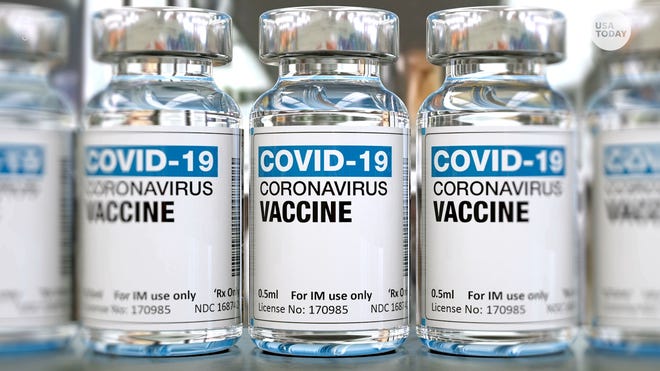At the Transplant Research and Education Center (TREC), we believe that rapid communication of information about COVID-19 vaccination to transplant patients and ongoing monitoring of patient outcomes are two important ways to keep our patients safe as we move forward into 2021.
In the recent weeks, one of the many SARS-COV-2 vaccines being developed in the United States has been approved by the US Food and Drug Administration (FDA) for Emergency Use Authorization. This vaccine is being manufactured by Pfizer and BioNTech and is planned for distribution starting as early as mid-December. In addition to Pfizer’s vaccine, another vaccine produced by Moderna is expected to be authorized later in December, and five other vaccines are in various clinical trial phases.
With the rapid progression in vaccine authorizations, many transplant patients will undoubtedly be wondering what this means for them. Based on current vaccine knowledge, transplant clinical professionals and Dr. Anthony Fauci, director of the National institute of Allergy and Infectious Diseases and one of the United States’ top COVID-19 experts, strongly recommends that immunocompromised people, like transplant patients, get vaccinated. Read this article for more information.
Though the first doses of the COVID-19 vaccine will be going to front-line healthcare workers, the next batches will be prioritized for high-risk and other essential worker groups in the coming weeks and early 2021. The American Society of Transplantation recommends getting vaccinated more than 2 weeks before transplantation or 1 to 6 months after transplantation.
TREC has created a set of Frequently Asked Questions (FAQ) to aid transplant patients and others involved with transplantation in making informed choices. It has been reviewed for medical accuracy by UCLA Health. It will continue to be updated in a timely manner to reflect changes in what is known and additional progress being made in COVID-19 vaccines.
This FAQ goes over essential vaccine information, such as:
- The different vaccines being created
- How the vaccines work
- Who should and should not get vaccinated
- Vaccine safety for transplant patients
- Immunity, reinfection, and infection after vaccination
- How to stay safe after getting vaccinated
The team at Johns Hopkins is inviting all solid organ transplant recipients who intend to get the COVID-19 vaccine to enroll in a national observational study looking at antibody development and durability after vaccination. Results from this study will provide important guidance to our patients, many of whom are currently reluctant to get the vaccine given its novelty. Participation in the study involves serial at-home, painless capillary blood sampling before and after vaccination and the completion of several short surveys (vaccine side effects, impact of allergies). To enroll, click here.
All the best to you all during this holiday season. Let’s continue to work together and stay hopeful!
Amy Waterman, PhD

